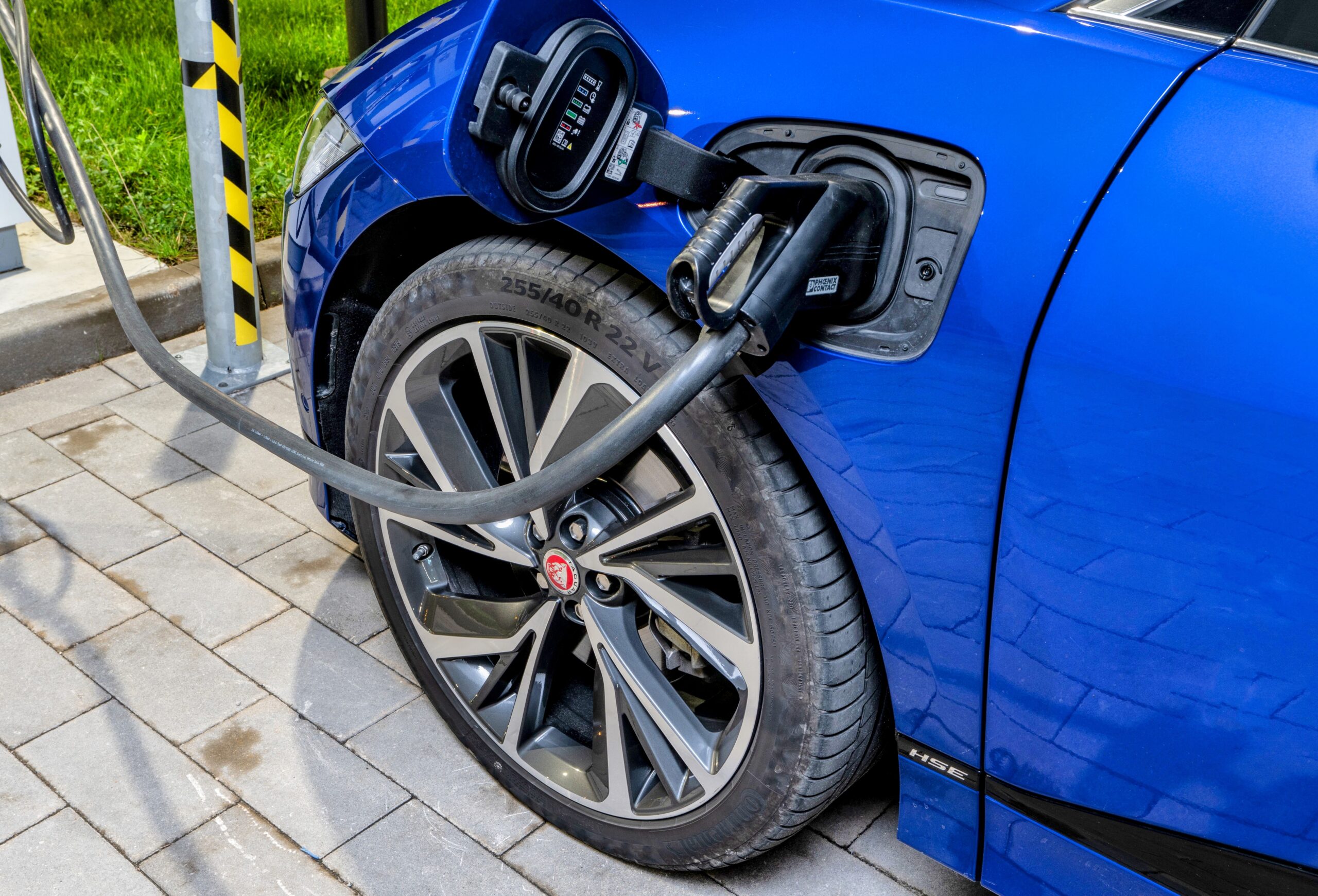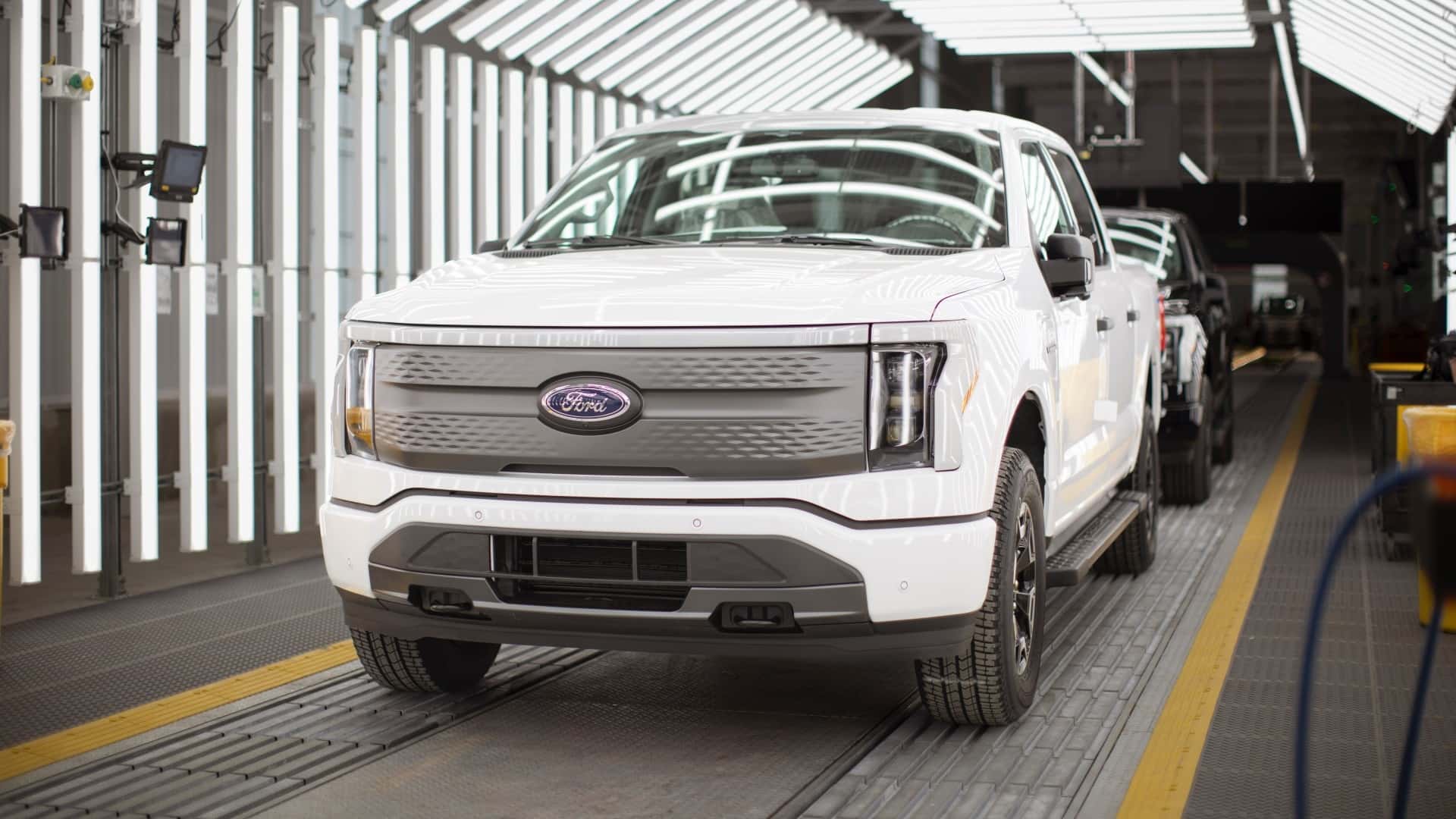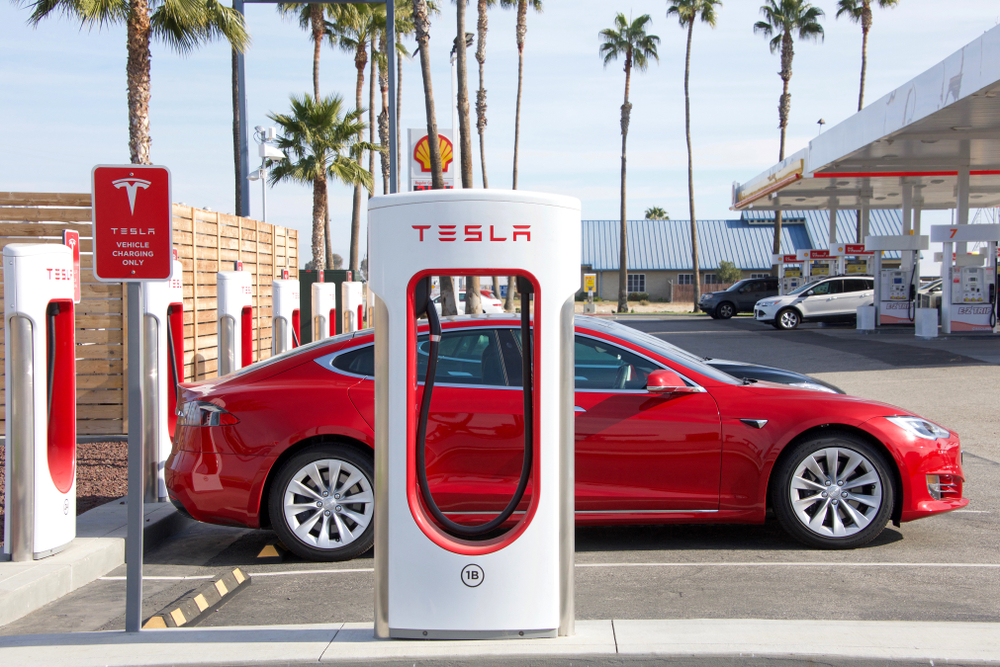Okay so 1 week into EV ownership:
Charging:
I had the fun joy of pulling conduit and 4AWG wires when it was 0*F in the garage, but hey now I have a level 2 charger.
The driving experience is really exceptional. Being able to recharge at home is both key and makes it very nice to own, if I was unable to have a level 2 charger at home that would completely change my outlook on an EV. It's a huge added benefit to go out to the garage and have the vehicle be ready to go, no worrying about leaving a few minutes early to head to the gas station to freeze my ass off filling up, and I can turn it on in the garage to warm it up without asphyxiating. I didn't think it would be that big of a deal, but it's the small things. Not to mention how incredibly cheap it is. I went to go buy the 240v breaker I needed from Home Depot and it cost me $1.37 in electricity to make the 60 mile round trip... that's so cool! It really makes going out and about in town less of a waste and less of something to think about. Before it would be a 'lets group as many errands together to save on gas', to 'oh I need this, let me go get it'. In a lot of ways this makes an EV far better than an ICE vehicle for that kind of mission.
EV's:
The owners group for the MachE and really all EV's seem like the cars aren't really figured out yet. There are a lot of ongoing issues with the vehicles regardless of the manufacturer, though as pointed out before it seems like mostly zealots or at the minimum people really into EV's that are willing to look the other way on big problems. At least with the MachE this is reflected in the used market and it seems like every other used one has a lemon or manufacturer buy-back title. I think I had a big advantage in buying used, not just in depreciation, but in avoiding a car with infant mortality.
The owner groups of all manufacturers OBSESS over long-term battery health, seemingly without understanding that time is probably the biggest enemy to that battery life. The rules some of these people come up with are wild. "Don't charge above 50%, NEVER use wide open throttle, only charge several hours after you've driven to let the battery cool down, etc. etc." Yes there are some thing, Ford for example says to keep the max charge at 90% unless going on a roadtrip, and I follow the general EV guidelines of 80% max charge since I just don't need more than that even in the cold - but some people take it to a whole new level of obsession, measuring their battery health daily or weekly from some very arbitrary parameters. Really just drive the thing and don't be stupid and it'll last as long as you need it to.
The MachE:
The MachE itself has REALLY high build quality. I've never seen any other Ford with panel gap as tight and precise as this, or such a well put-together interior. It really feels like an ultra luxury vehicle... and I have the base model! I wouldn't be surprised one bit if Ford is losing money on every single one sold. Again with the base model I couldn't be more impressed with the vehicle. I went with the base for a couple reasons, one being price, but on the used market it wouldn't cost that much more to go for a higher end. Not having a moonroof is nice - I have bad experiences in other vehicles with these so one less failure mode is nice and they tend to frost up or bake the car depending on the season. The higher end models also use their battery faster and take longer to charge. This model in particular the previous owner (dealership manager) installed heated seats in which otherwise would have been a dealbreaker to not have, so this one was perfect for us and what we need, and still continues to be. It's a really good intro to EV's for us. Knock on wood - I don't have any of the common reported issues in this vehicle, or the previous owners took care of them. I will admit some of the stories I see/hear on these does have me seriously considering a manufacturer/dealer extended warranty, for the first time on any vehicle I've owned.
I've never really liked the look of any crossover, but I do have to admit that Ford did a really nice job. I think both of my Ford vehicles are neck breakers to keep looking back at. I (of course) agree with all of the others that no it isn't a mustang, and I'd never (seriously) refer to it as a mustang, it will forever be 'the Mach-E'.
EV Trucks:
With all of the attention on EV trucks I thought I'd do a quick little blurb here: I still don't understand an EV truck. I don't do a ton of towing, but really my truck is a jack of all trades because well, it might be towing one day, camping the next, picking up a lawnmower accross the state after that, or just being a DD commuter. Most of what I do with my truck is for one-off adventures or trips to go buy something, all stuff that's ill suited for an EV. Because these trucks are getting so big and heavy, the batteries have to be equally massive to compensate... so much so that even with a level 2 home charger it may take 12+ hours to realistically charge the thing. But a smaller grocery getter/commuter makes perfect sense to be an EV, at least in my household, fast charge times, and plenty of range for what we do.
So far:
So far I'm really enjoying the vehicle. Wife and I fight over who gets to drive it because it's such a fun experience unlike any over vehicle we've driven and it is absolutely perfect for our 'mission'. The acceleration and performance is addicting, not to mention how quiet it is and easy to have a conversation, I don't know that I've ever felt 'that' fatigued from driving, but this car makes it truly easy and fun to drive and go places. I'm not certain if I bought new I'd be quite as thrilled, as we saved 20-25k just by having 10k miles on the vehicle, so 'for the price we bought it at' it's INCREDIBLE. I look forward to continuing to explore this world, as frankly I had no idea it could be so different. I know I know - all of you that have EV's already know these things, but I'm not someone that's super into EV's and I'm discovering a lot of this as I go... really it's just a car that met our specs so we jumped headfirst in, rather than someone that bought an EV exclusively because it was an EV.
I'm excited to see where EV's go from here, as they're definitely here to stay and as of now I don't forsee ever not having one in the household. 1 ICE & 1 BEV seems to be a real sweet spot.

www.earth.com





